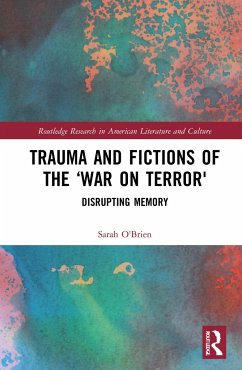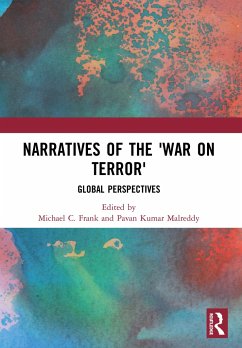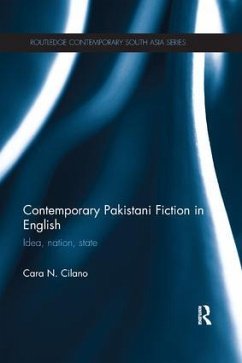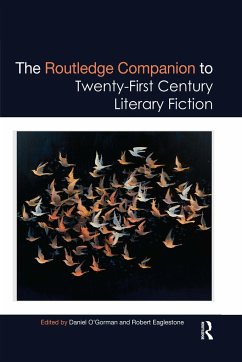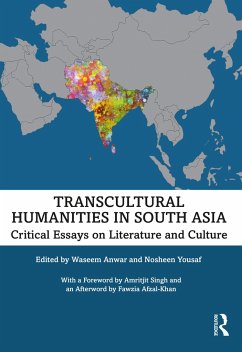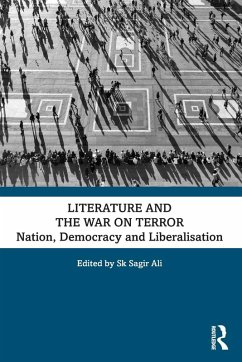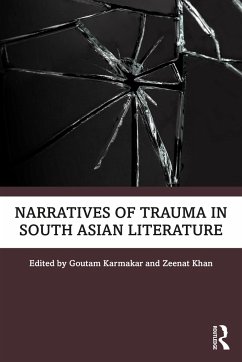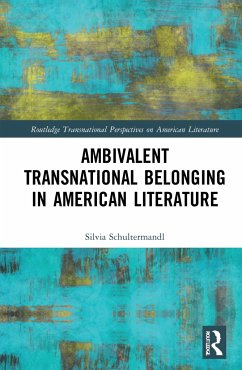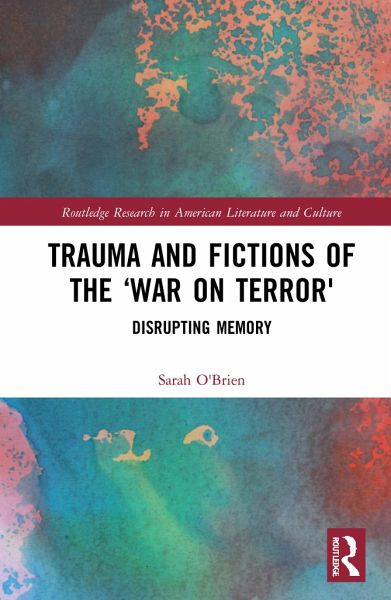
Trauma and Fictions of the "War on Terror"
Disrupting Memory
Versandkostenfrei!
Versandfertig in 6-10 Tagen
45,99 €
inkl. MwSt.
Weitere Ausgaben:

PAYBACK Punkte
23 °P sammeln!
This book explores the ways in which transnational fiction in the post-9/11 era can intervene in discourse surrounding the "war on terror" to advocate for marginalised perspectives. Trauma and Fictions of the "War on Terror" conceptualises global political discourse about the "war on terror" as incongruous, with transnational memory frames instituted in Western nations centralising 9/11 as uniquely traumatic, excluding the historical and present-day experiences of Afghans under Western-specifically American-hegemonic violence. Recent developments in trauma studies explain how dominant Western ...
This book explores the ways in which transnational fiction in the post-9/11 era can intervene in discourse surrounding the "war on terror" to advocate for marginalised perspectives. Trauma and Fictions of the "War on Terror" conceptualises global political discourse about the "war on terror" as incongruous, with transnational memory frames instituted in Western nations centralising 9/11 as uniquely traumatic, excluding the historical and present-day experiences of Afghans under Western-specifically American-hegemonic violence. Recent developments in trauma studies explain how dominant Western trauma theory participates in this exclusion, failing to account for the ongoing suffering common to non-Western, colonial, and postcolonial contexts. O'Brien explores how Khaled Hosseini (The Kite Runner), Nadeem Aslam (The Wasted Vigil, The Blind Man's Garden), and Kamila Shamsie (Burnt Shadows) represent marginalised perspectives in the context of the "war on terror".





